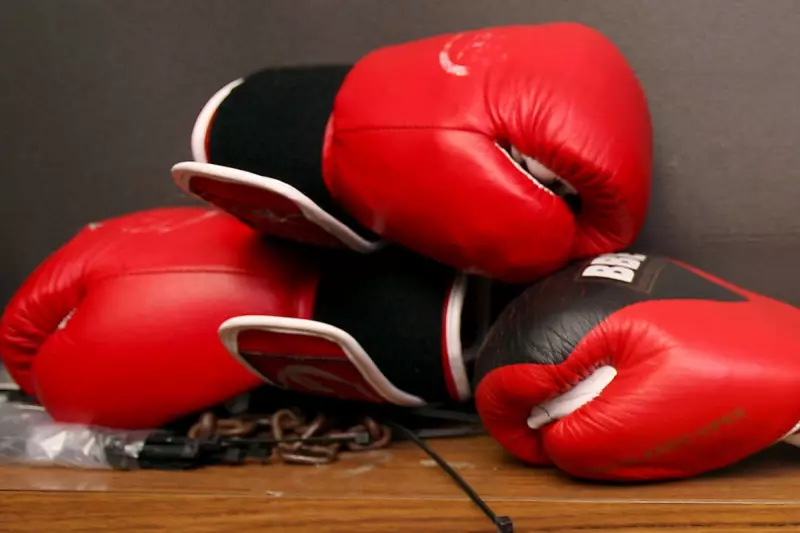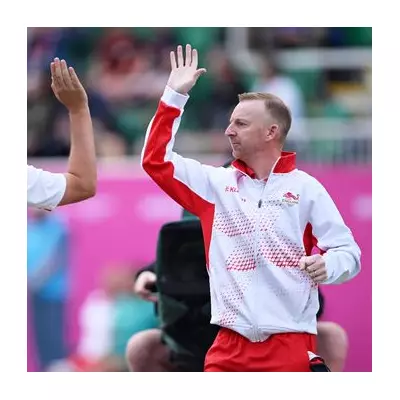
In a move that has sent shockwaves through the world of amateur boxing, Nigerian athlete Blessing Oraekwe was abruptly expelled from the World Championships after a pre-fight eligibility test deemed her in violation of competition regulations.
The incident occurred in Astana, Kazakhstan, where Oraekwe was preparing for her opening bout in the women's 54kg category. The International Boxing Association (IBA), which administers the controversial tests, stated the fighter was removed due to "non-compliance with the IBA Eligibility Conditions for the Women's Championships."
A Controversial Practice in Women's Sports
The IBA, led by Russian Umar Kremlev, has reinstated the practice of pre-fight 'eligibility' tests, often seen as a form of gender verification. This policy has been widely criticised by athletes and human rights groups who argue it is discriminatory, unscientific, and deeply humiliating for the participants.
Oraekwe's exclusion follows a similar high-profile case involving Algerian boxer Imane Khelif, who was barred from last year's championships on identical grounds, a decision that was later overturned by the International Olympic Committee (IOC).
Nigeria Reacts to the Exclusion
The Nigeria Boxing Federation has expressed its dismay at the handling of the situation. Officials revealed that Oraekwe was informed of her failure mere moments before she was scheduled to step into the ring, leaving no time for appeal or consultation.
This last-minute expulsion has raised serious questions about the process and timing of these tests, with many arguing that they are designed to maximise embarrassment and psychological impact on the athletes.
A Growing Chasm in Boxing Governance
The scandal highlights the deepening rift between the IBA and the Olympic movement. The IOC has already severed ties with the IBA, citing longstanding issues with governance, finance, and refereeing. The continuation of these eligibility tests is yet another point of contention.
With the IBA steadfast in its policy and the Olympics taking a different stance, athletes like Blessing Oraekwe are caught in the middle, their dreams and careers becoming collateral damage in an administrative battle for control over the sport.





